May is Mental Health Awareness month, and we’ve curated a 19th and 20th century mental health inspired reading list to provide some historical context and highlight the evolution of the (often problematic) understanding of mental health through literature.
Bearing in mind the fact that mental health as a technical term only entered into our everyday lexicon relatively recently– the focus was more on mental illness prior to the gradual emergence of the mental hygiene movement in the mid 19th century— it will come as no surprise that the handling of these topics in many of the below works is anachronistic at best, blatantly incorrect at worst.
That caveat aside, each of our selections are thought-provoking works that can open up illuminating avenues of conversation about the topics they cover, which really is what we love most at AuthorPods.
Lady Audley’s Secret by Mary Elizabeth Braddon
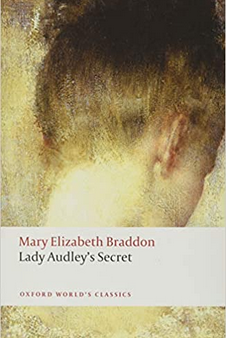
When it comes to Victorian literature, it’s easy to think of the feminine binary that permeated the politics and culture of the period: the “angel of the house” versus the fallen woman. But the really interesting characters fall somewhere in between those two classifications, and Mary Elizabeth Braddon is an author who excels at challenging them in a nuanced way that defies clear cut conclusions. Lady Audley’s Secret reads something like a detective novel centered around the enigmatic, intensely alluring Lady Audley, whose “madness” may have less to do with any real illness than it does a calculated manipulation of the many men in her life. This “sensational” novel is as exciting today as it was in 1862, fueled as it is by deception, murder, artifice, sexuality, and, of course, the slippery Victorian definition of insanity.
The Glass Menagerie by Tennessee Williams
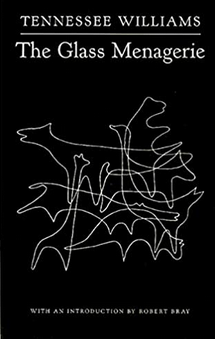
Tennessee Williams’ acclaimed memory play is loosely based on his own life and recollections of his sister, Rose, who was diagnosed with schizophrenia and underwent a prefrontal lobotomy as a young woman. The play is narrated by Tom Wingfield, a young man juggling his overwhelming desire to escape from the soul-stifling monotony of working class St. Louis life with guilt over abandoning his well-meaning (if somewhat out of touch) southern belle mother and his delicate, debilitatingly shy sister. Tom claims that he doles out “truth in the pleasant disguise of illusion”, which really hits at the brilliance of all of Williams’ writing: its ability to combine the rough and mundane with gorgeous writing and characters you ache for as soon as they’re introduced. The action of the play is confined to the Wingfield’s tiny apartment and takes place almost entirely in the course of one evening, yet the story feels expansive and lasting, filled with hope, humor, romance, subtlety, and heartbreak.
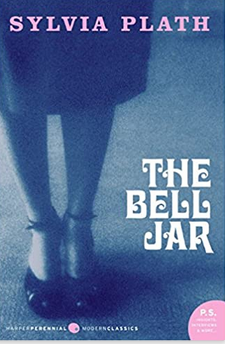
Sylvia Plath’s semi-autobiographical novel is iconic for a reason; it provides a window into the mind of a young woman grappling with adulthood and depression in a way that is so stripped-down and real, it feels like you enter into Plath’s (or her narrator’s) head every time you open her book. It mixes smooth, sequential prose with sections that feel like poetry yet somehow avoid even a shadow of pretentiousness. This is a fantastic read for women (and men) at any point in their lives, as there will undoubtedly be something to relate to, and many passages to make you think about life in ways both shockingly familiar and refreshingly unexpected.
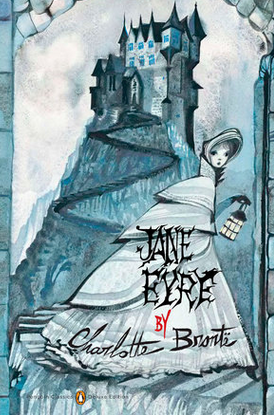
One of the all time great novels, Jane Eyre explores identity, madness, passion, marriage, and feminine agency in a story that follows the life of its titular character as an orphan, student, and governess in 19th century England. The many TV and film adaptations of this novel often miss the mark because of how intensely intrinsic this book is– so much of it takes place in Jane’s endlessly interesting head– and due to a penchant to make the heroine meek and submissive; a far cry from Brontë’s passionate, witty, emotive, furious character who loves as deeply and thinks as intelligently as any man in the novel. That alone would be enough to recommend it without the added layer of Bertha, the quintessential “madwoman in the attic”, who provides countless angles by which to assess the connection between womanhood, sexuality, freedom, marriage, and insanity, real or imagined.
Ten Days in A Mad-House by Nellie Bly
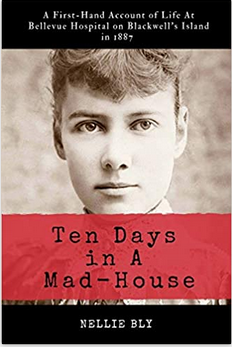
This is journalism as we imagine it in the plots of thrilling, twisty, larger-than life movies. In 1887, Nellie Bly accepted an assignment from Joseph Pulitzer to go undercover as a madwoman in Bellevue Hospital on the notorious Blackwell’s Island of New York. Bly’s writings on the experience document the inhuman treatment of the women in the institution, the terrifying ease with which Bly gets herself declared “insane”, and the failings of a system intended to treat and rehabilitate the women it abuses and traps.
“Mad Girl’s Love Song” by Sylvia Plath
Our next recommendation gives another well-deserved nod to Sylvia Plath, whose poetry has been as influential and moving as her novel writing. “Mad Girl’s Love Song” is enormously engaging and impressive on its own; even more so when the extreme technical difficulty of the villanelle form Plath writes it in is considered. The poem explores lost love seen through the blurry, self-critical lens of a woman who questions her own grasp on the reality of her situation, the line “I think I made you up inside my head” punctuating every lyrical recollection of her love. We can’t help but agree with Plath’s classification of this poem as one of her favorite’s she ever wrote.
Gracefully Insane: The Rise and Fall of America’s Premier Mental Hospital by Alex Beam 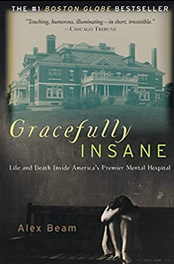
Although this is a 21st century work, Beam’s entertaining study of McLean Hospital in Belmont, Massachusetts offers a peek behind the curtain of a mental institution that has been around since 1817. McLean has cheekily been called the “Plaza Hotel of mental institutions“, with figures like James Taylor, Sylvia Plath, and Ray Charles among its list of elite patients. Gracefully Insane provides a history of the lavish hospital, peppered with stories from doctors and patients, reflections on mental institutions and psychology, and an assessment of the financial pressures faced by hospitals like McLean today. Beam’s work offers an engaging, “gossipy social history” of a truly unique institution from 1817 to the present day that is as entertaining as it is informative.
Wide Sargasso Sea by Jean Rhys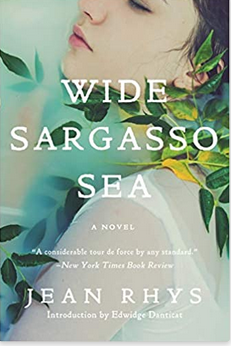
A counterpart and prequel to Jane Eyre by 20th century author Jean Rhys, Wild Sargasso Sea gives a voice to Brontë’s madwoman, telling the story of Bertha’s life before her arranged marriage to an Englishman who whisks her away from the Caribbean and secludes her in his country home. Rhys’ style is succinct yet evocative, imbued with the tragic confusion of a woman whose muddled sense of self and unsteady grip on reality result (at least partially) from the labels and isolation forced on her. Read it as a standalone novel, or in conjunction with Jane Eyre for a deeper reflection on race, colonialism, isolation, and the patriarchal classification of mental illness.

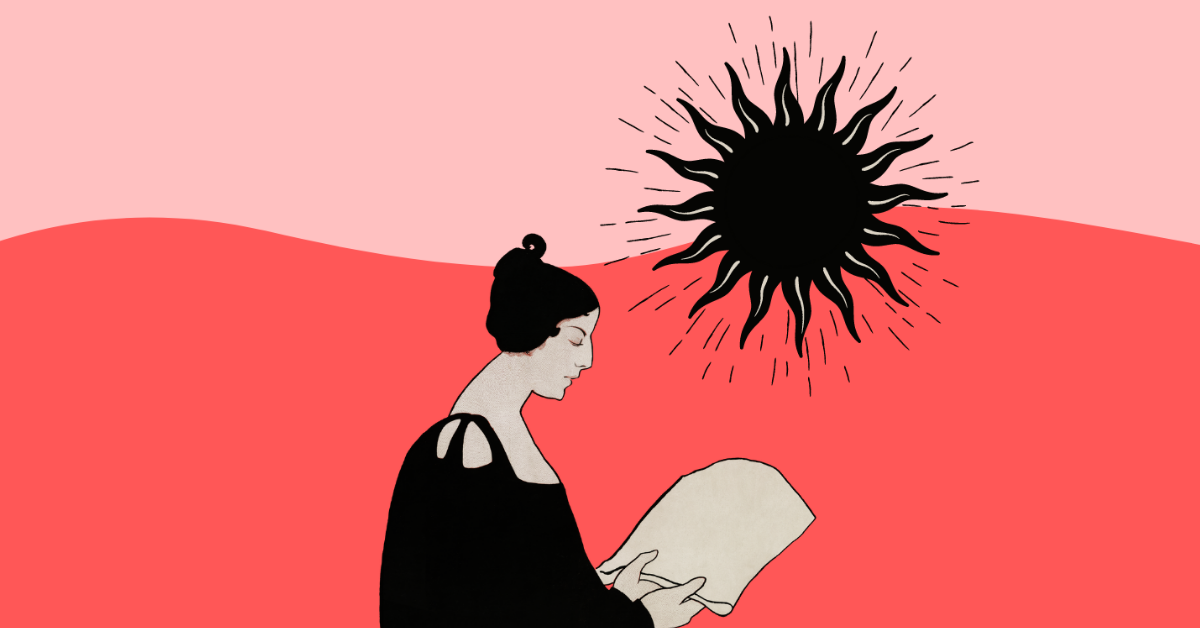

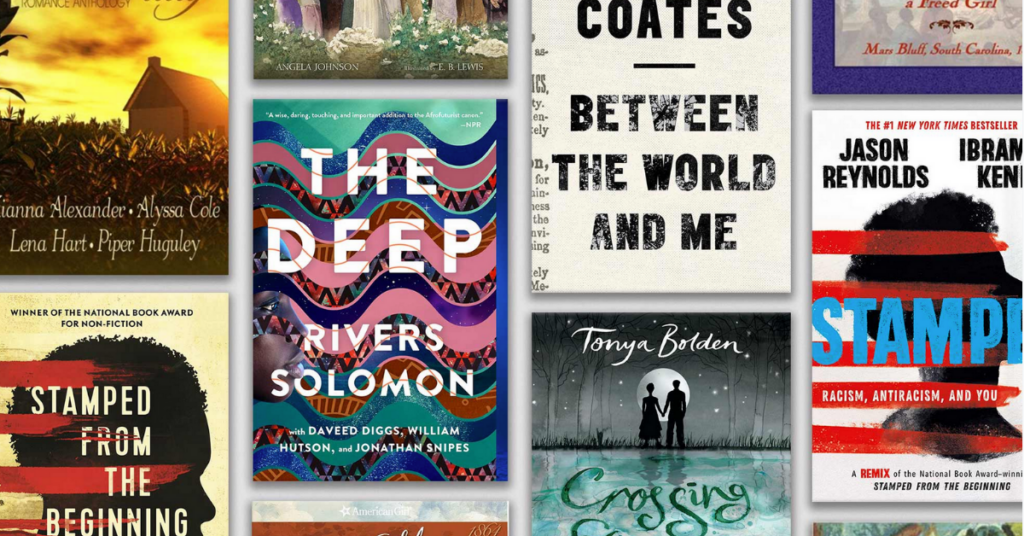
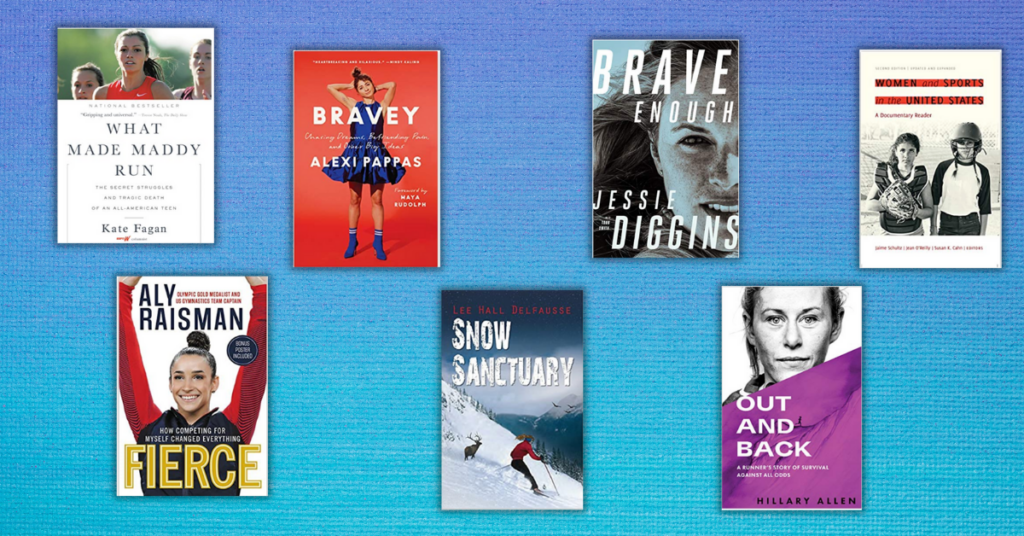

Comments